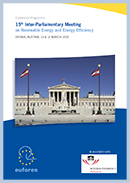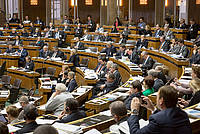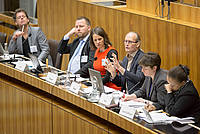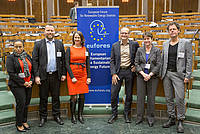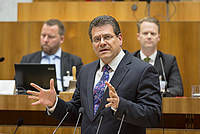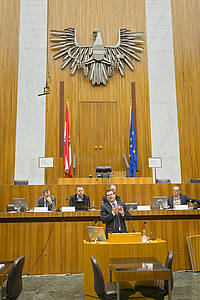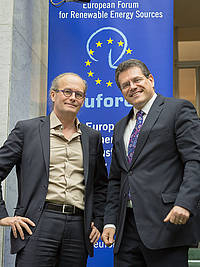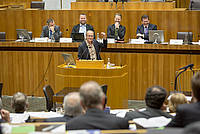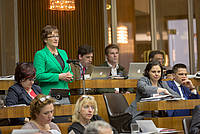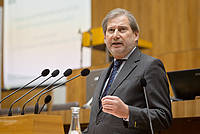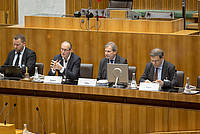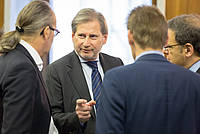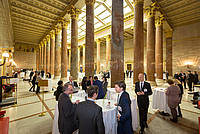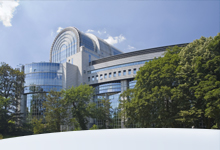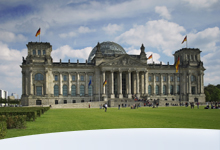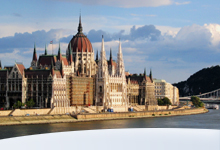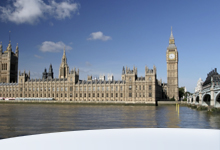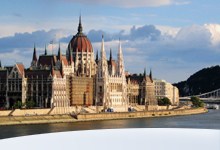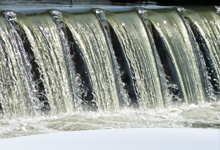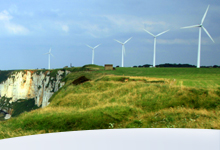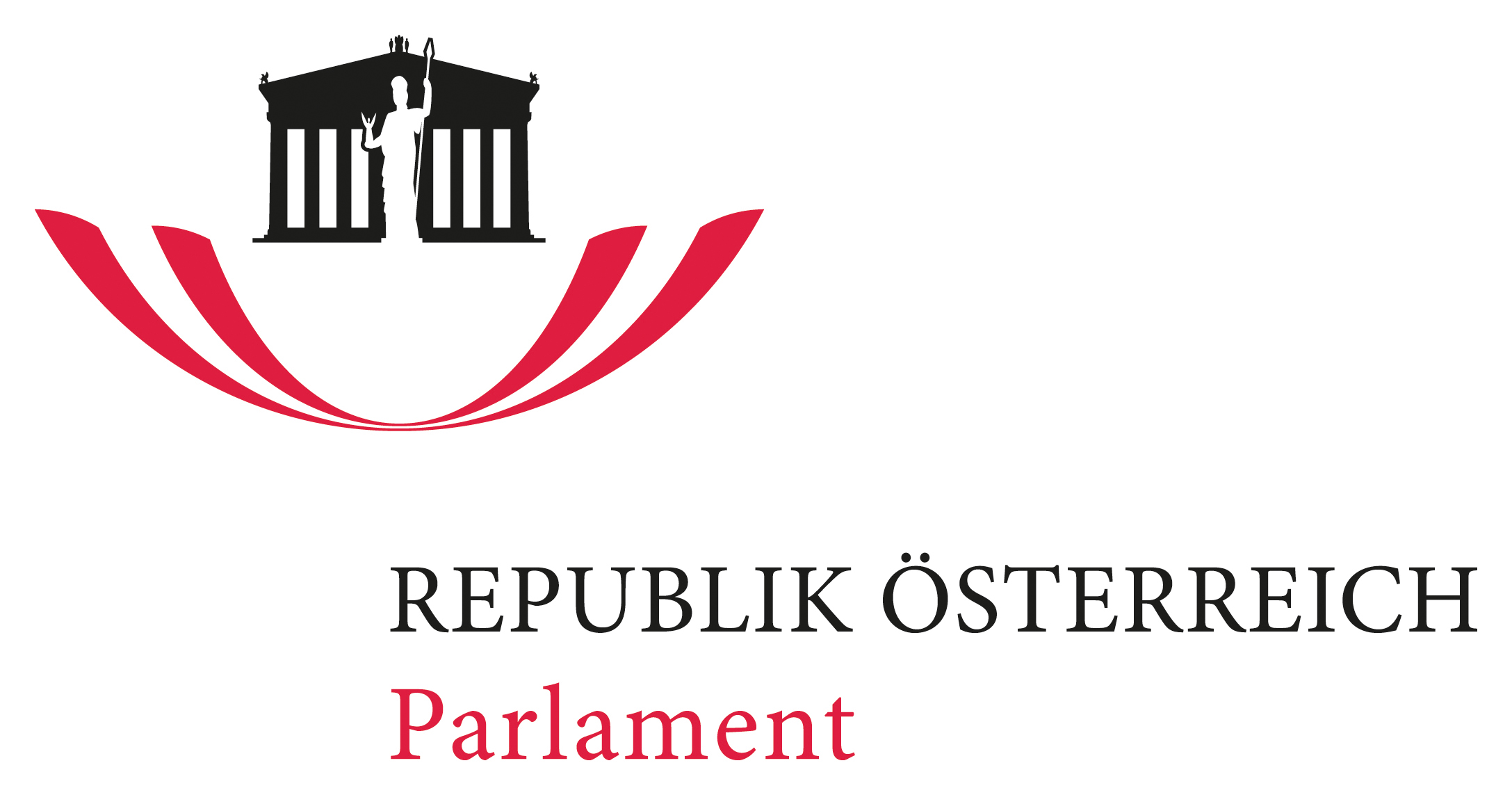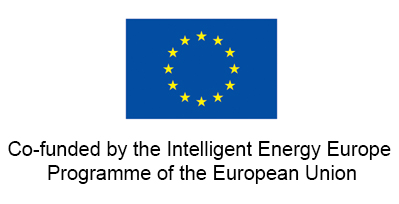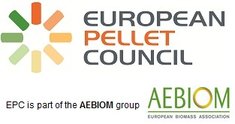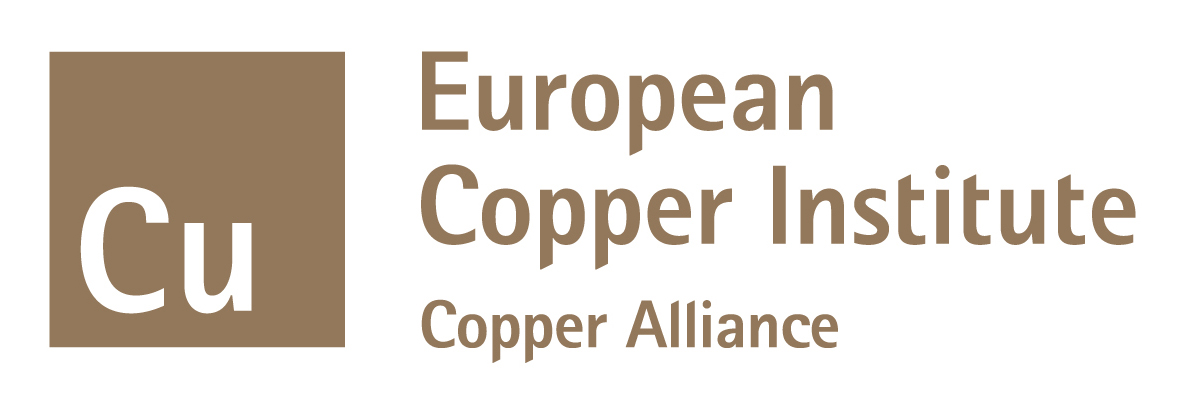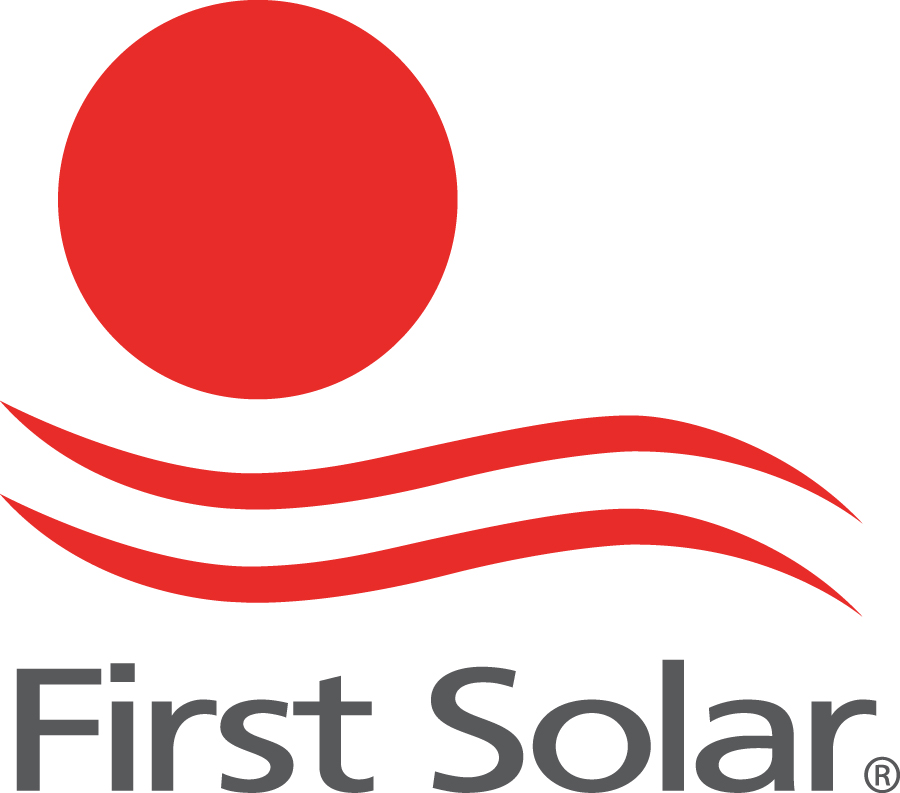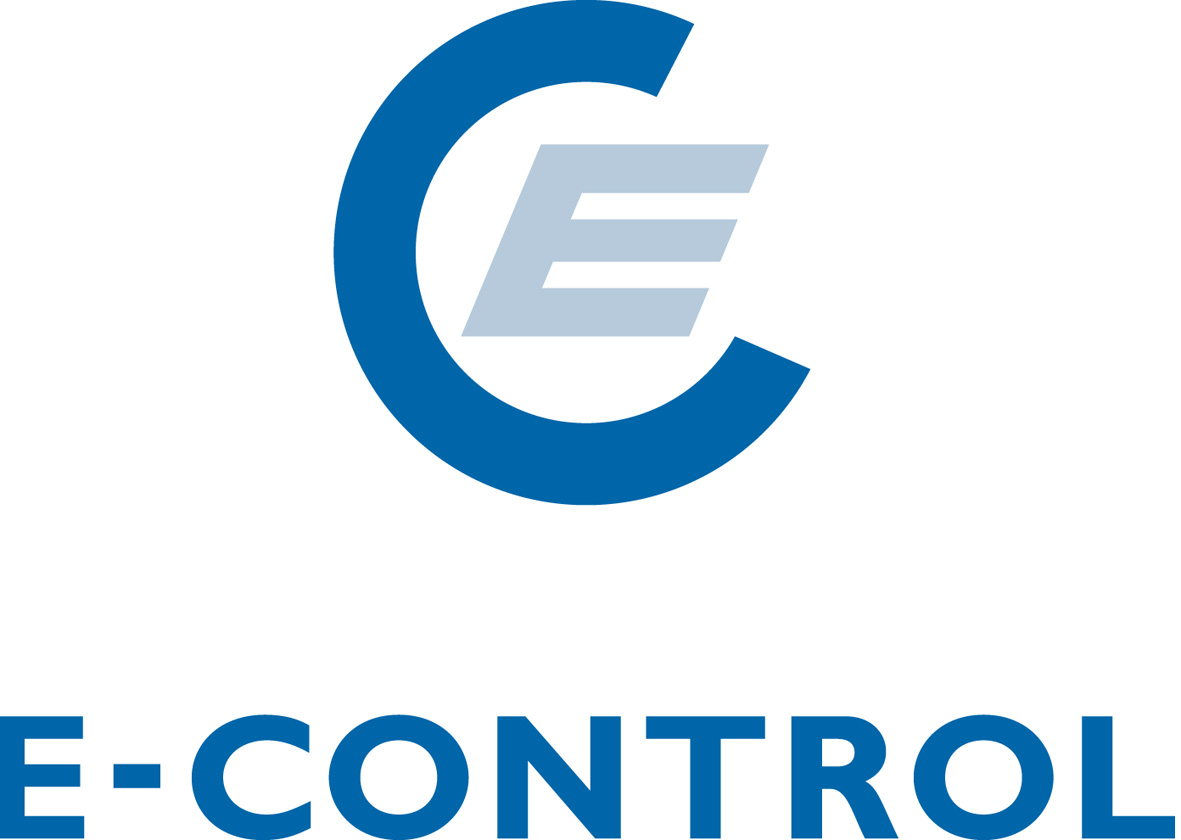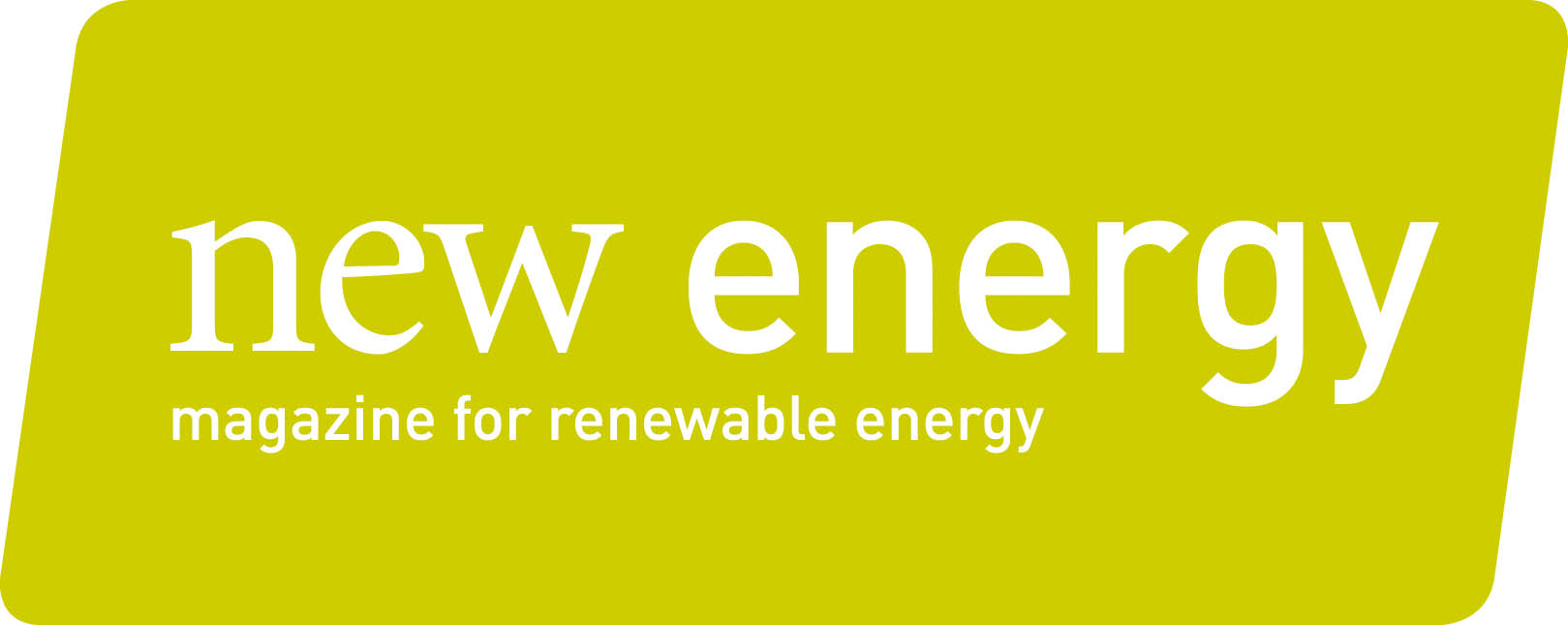Become a member
Join EUFORES here.
EUFORES 15th Inter-Parliamentary Meeting on Renewable Energy and Energy Efficiency
13 & 14 March 2015, Parliament of Austria, Vienna
The 15th Inter-Parliamentary Meeting (IPM15) was organised in close cooperation with the Parliament of Austria and was attended by 190 participants from 26 European countries. About two thirds of participants came from national and the European parliaments, active in the fields of renewable energy and energy efficiency. Other participants of this 'upon invitation only' based conference included representatives from the Austrian government, the European Commission, embassies and selected scientific and industry representatives.
The conference was opened by Christiane Brunner, Member of the Austrian Parliament and official host of the 15th Inter-Parliamentary Meeting in Vienna. She encouraged present parliamentarians to work towards the COP21 conference in Paris later this year: “Let us work together and fulfil the mandate given to us by people of Europe to combat climate change. Let us not leave it only to the governments. We have a role there as well. Let´s see during these two days how we can cooperate together and how we can get a better understanding of solutions and challenges, as well as a fresh motivation for this year.” Claude Turmes, MEP and EUFORES President, reminded participants that EUFORES was set up 20 years ago and stressed that “Europe can only function if we have a forum to exchange between parliaments. Without this we would not be able to produce optimal policies.” Mr. Turmes also invited parliamentarians to engage in a closer cooperation because the problems in the energy system could be solved faster if we had a closer cooperation amongst the countries.
Friday morning of the conference was dedicated entirely to the discussion of the 2015 international UN climate and UN development negotiations. Gill Tudor, SE4All, presented the Sustainable Energy for All Initiative which rests upon 3 objectives: ensuring universal access to modern energy services, doubling the global rate of improvement in energy efficiency and doubling the share of renewable energy in the global energy mix by 2030. Angela Churie Kallhauge, IRENA, presented the results of the key findings of the Renewable Energy Roadmap of IRENA saying that doubling the renewable energy share to 36% in 2030 is technically achievable with existing technologies, doubling is affordable when externalities are accounted for and potential exists in all countries. Sven Teske, Greenpeace, presented the “transition logic” of the Greenpeace Energy /R/evolution.
To further stimulate discussion, at lunch, a World Café with a walking lunch was organised with experts on diverse renewables and energy efficiency related topics for those curious of mind to explore.
On Friday afternoon, Jeppe Kofod, MEP, chaired a session on the energy union with Maros Sefcovic, Vice-President for Energy Union, who talked to national parliamentarians about the Energy Union: “The energy system of today is no longer sustainable that´s why we need a change such as the energy union.” The energy union will consist of 5 interconnected dimensions. Sefcovic stressed that the union should be socially inclusive, interconnected and secure. As a next priority Sefcovic sees COP21 in Paris to be absolutely crucial for the planet and businesses. “We have to find a global agreement on how to fight climate change,” he concluded.
High level speakers:
|
| |
|---|---|---|
Maros Sefcovic | Johannes Hahn |
Christian Schönbauer, Ministry of Science, Research and Economy of Austria, presented the challenges and opportunities of the energy union according to the Austrian perspective. Schönbauer pointed out such challenges as the coherence between various policies, establishing a solid governance structure for reaching 2030 targets, creating a true added value (going beyond already agreed measures), finding a balance between the EU and national level (respecting the subsidiarity principle) and striking a balance between all three targets – security of supply, competitiveness and sustainability.
Claude Turmes, MEP and EUFORES President, found the macro-regional element in the energy union framework as a way to overcome the dilemma of market integration versus national energy mix. Other crucial elements according to Turmes are cities and citizens, a reformed power market without unlawful state aid and environmentally harmful subsidies, a reformed ETS, a new market design, and proper investments. Turmes concluded by encouraging national parliamentarians to get more involved in the discussion on the energy union.
The first conference day was closed by a World Café session with expert roundtables addressing various topics such as energy efficiency as a business case, bioenergy and wood pellets, the Vienna model of smart combination of heat and power, the role of the cities, etc.
The Saturday morning session was dedicated to the Central and Eastern European gas and power market. Johannes Hahn, Commissioner for Neighbourhood Policy, conveyed in his speech two messages. Firstly, energy security is inextricably linked to that of our neighbours with power systems and power markets being physically interconnected. Neighbouring countries in the East and the South-East are included in these interconnected systems. Secondly, energy efficiency and renewables are key to energy security. “The cheapest energy is the energy which you don’t consume, and renewable energies help us to develop resources that are readily available here in Europe, reducing the need for imports,” continued Hahn. Making the EU a world leader in green technologies, which is one of the ambitions of the energy union, will generate wealth, reduce costs and create jobs in the EU. The EU has been active in its neighbourhood via the Neighbourhood Investment Facility (NIF), which was launched in 2008. Since 2008, € 753 million of NIF funding has been approved and has helped mobilise total investments of over € 20 billion, of which 30% have been in the energy sector.
The session was closed by Julian Popov, European Climate Foundation, who introduced elements of an ideal integration and cooperation in Central and South-Eastern Europe. According to Popov this region should not be regarded only as a gas corridor but should rather be seen as a region with the significant indigenous clean and economically viable energy potential. In addition to this, this region is crucial for connecting the EU with Turkey and beyond.
The last part of the conference was divided into 4 parallel thematic workshops addressing RES electricity, RES heating and cooling, RES in transport and energy efficiency.
Agenda
The IPM15 programme is available here.
Prior to the first day of the conference, a welcome reception was held on Thursday evening 12 March in the Arkadenhof of Palais Ferstel. In addition to this side activity, all participants were invited to a Gala Dinner on Friday evening 13 March and a site visit to two energy plants on Saturday afternoon 14 March. Thereafter, the conference was closed by a "Discover Vienna" programme consisting of a guided tour of Vienna, an oldtimer tram ride around the city center of Vienna and a traditional dinner in a Viennese restaurant "Heurigen" with typical wine, food and music.
Speaker presentations
Maros Sefcovic, Vice-President for Energy Union, European Commissioner
Johannes Hahn, Commissioner for Neighbourhood Policy
Angela Churie Kallhauge, International Renewable Energy Agency (IRENA)
Gill Tudor, Sustainable Energy for All Initiative (SE4ALL)
Sven Teske, Greenpeace
Christian Schönbauer, Ministry of Science, Research and Economy of Austria
Claude Turmes, MEP and EUFORES President
Julian Popov, European Climate Foundation


